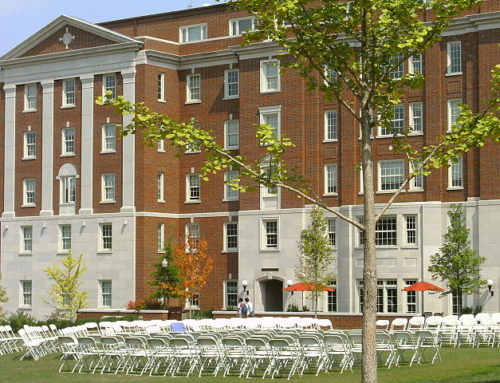The Biggest Threat to America is Us
–Based on Thomas Friedman Editorial
Thomas Friedman recently wrote an editorial in the New York Times that provided a sobering assessment of the challenges facing America.
Friedman pointed out that the anger in America is surely one of the things that propelled Trump into office and, if not addressed, could propel someone even worse.
The recent debate by the 20 leading Democratic candidates for President was not encouraging. That is, the willingness of most of these contenders to support Medicare for illegal aliens when millions of our own citizens lack basic medical care is demagoguery. Calls for abolishing college loans is not fair to the American taxpayer or those people who relinquished opportunities to attend college because of the expense.
In brief, we can no longer have confidence that the next generation will fulfill the American dream that each generation will do better than its parents. Friedman highlighted his worries that America will not adapt to the accelerating changes in climate, the workplace, and education.
Friedman criticized both of our political parties. He accuses Trump of undermining truth and failing to collaborate with Democrats. He worried that the Democrats will drive us over the cliff with their reckless ideas. Friedman feels that Democrats inability to distinguish between legal and illegal immigrants is an example of a reckless idea.
Friedman believed that to govern effectively our politicians must disregard their focus on entertainment, and instead take the necessary steps to cooperate to pass needed legislation. We need to address obvious problems before they become crisis.
Friedman argued that we need to address climate change immediately so that temperatures do not rise 2 degrees centigrade. A 2-degree increase will cause unimaginable destruction.
He is concerned that 60 percent of Americans have not enjoyed a real increase in wages since 1980. At the same time, the top 10% have enjoyed doubled real income growth. The top 1% experienced triple income growth. To date, nobody has come up with a program that will address our growing income inequality and at the same time not hinder America’s 10-year economic growth.
Friedman wrote: “The next four years will redefine relations between the world’s two biggest economies — the U.S. and China. Either the U.S. will persuade China to abandon the abusive trade practices it adopted to go from poverty to middle income and from a technology consumer to a technology producer, or we’re headed for a world divided by a new digital Berlin Wall. There will be a Chinese-controlled Internet and technology sphere and American versions — and every other country will have to decide whose to join. The globalization that provided so much peace and prosperity for the last 70 years will fracture.”
Friedman discussed the problems with technology. Technology is propelling social networks and cyber tools deeper and deeper into our lives, our privacy and our politics — and democratizing the tools for “deep fakes,” so that many more people can erode truth and trust. But the gap between the speed at which these technologies are going deep and the ability of our analog politics to develop the rules, norms and laws to govern them is getting wider, not narrower. That gap has to be closed to preserve our democracy.
Heather McGowan, an expert on the future of work, pointed out a major problem: “The pace of change is accelerating at the exact same time that people’s work lives are elongating.”
In today’s digital information age, “you have multiple changes in the nature of work within a generation,” McGowan says. This dramatically increases the need for lifelong learning. “The old model was that you learned once in order to work, and now we must work in order to learn continuously,” she contends. So we’re going from a model of “learn, work, retire” to a model of “learn, work, learn, work, learn, work.”
In that kind of world the new social contract has to be that government makes sure that the safety nets and all the tools for lifelong learning are available to every American — but it’s on each citizen to use them.
Friedman wrote: “If Democrats can choose a nominee who speaks to our impending challenges, but who doesn’t say irresponsible stuff about immigration or promise free stuff we can’t afford, who defines new ways to work with business and energize job- creators, who treats with dignity the frightened white working-class voters who abandoned them for Trump — and who understands that many, many Americans are worried that we’re on the verge of a political civil war and want someone to pull us together — I think he or she will find a new American majority waiting to be assembled and empowered. “
I oppose stridently Progressive Democrats call for a 70% marginal tax rate at the highest level. Bernie Sanders’ and Elizabeth Warren’s extolling about the good old days of 90% taxes is a distortion of the facts. That is, during that era, tax loopholes effectively reduced taxes to manageable levels. The government’s share of GNP was about 21%, a percentage that America has experienced for most of the period following World War II.
On the other hand, I will not vote for Donald Trump. While I have enjoyed the bull market since his election, I oppose his conduct on so many issues. In 2016 I voted for the Libertarian Candidate. I might just sit 2020 out.



